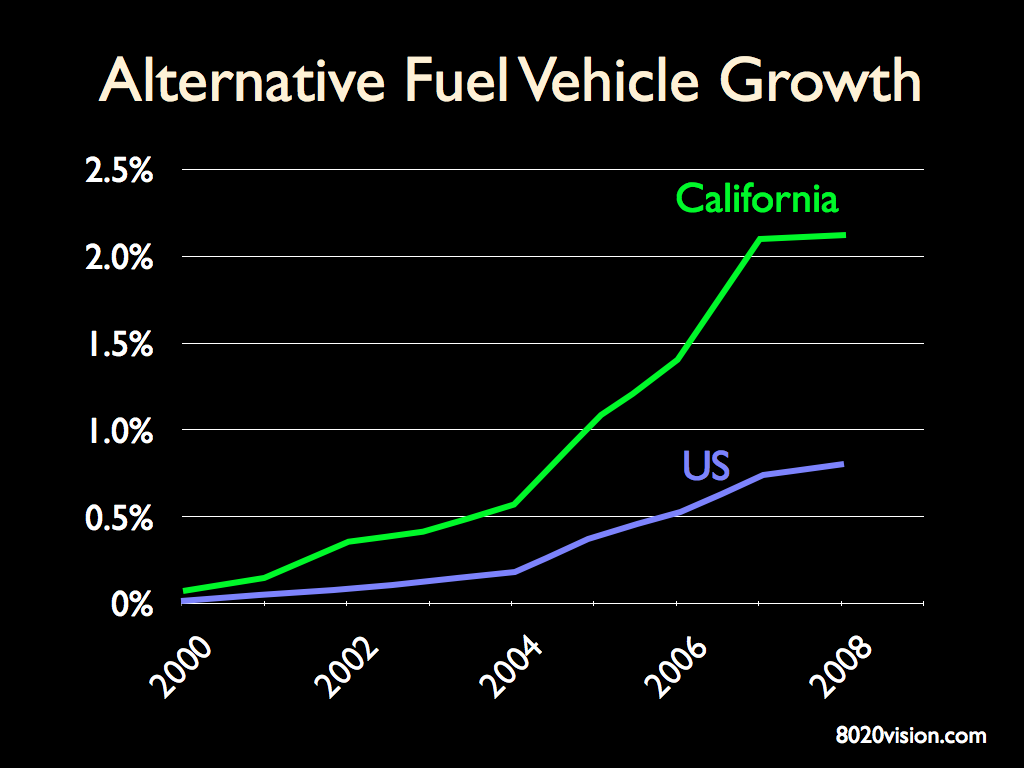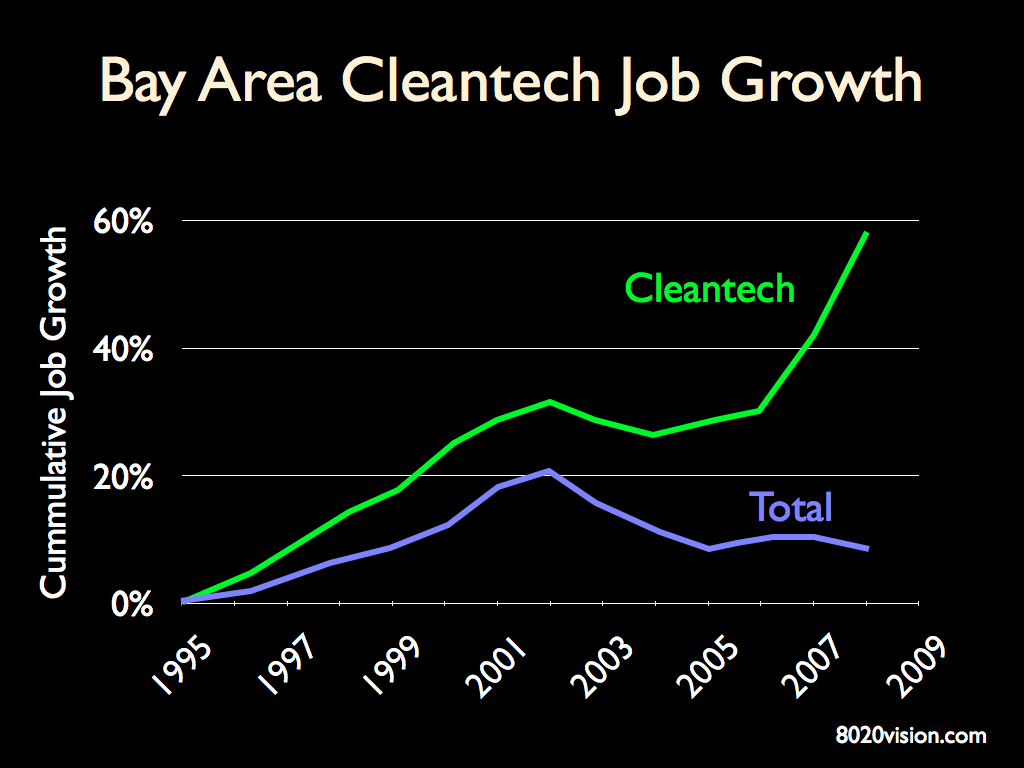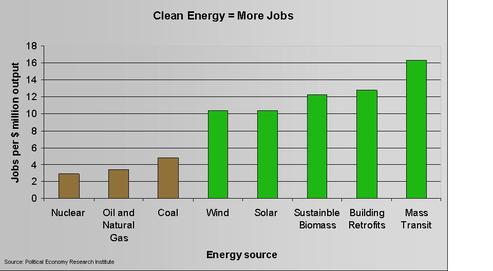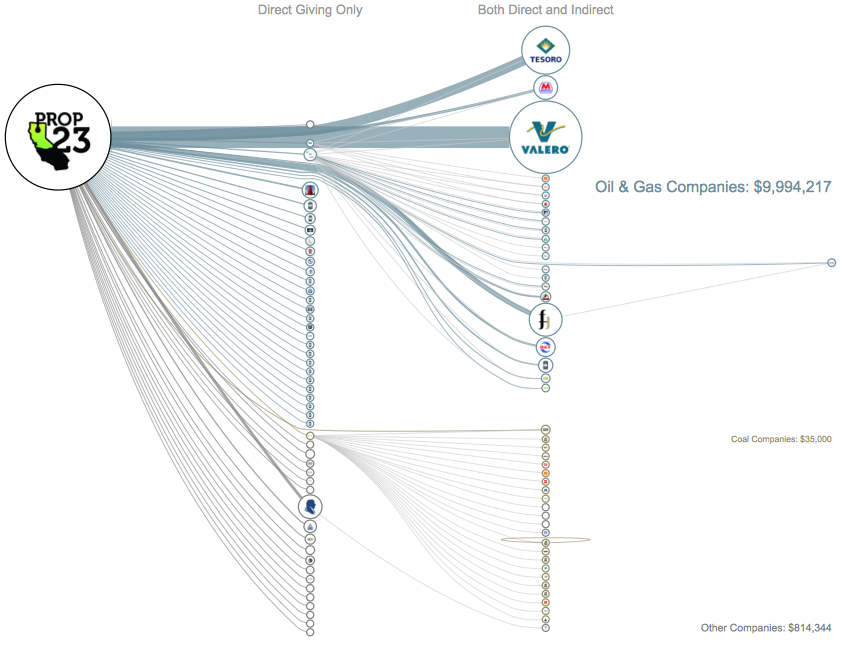In California’s election, voter support for Prop 23 is waning. That’s good news, but the fight is not over. If you didn’t like Prop 23, you’re really not going to like Prop 26. Out of state Big Oil was backing Prop 23, and, seeing that as a lost cause, they are shifting their support to Prop 26.
Prop 26 is another Big Oil backed initiative. Prop 26 would make it more difficult for state and local government to impose mitigation fees on business activities that cause harm to the environment or public health and safety. For example, fees imposed on tobacco companies to fund health-related programs, on industries for toxic waste cleanup and on alcohol retailers for law enforcement. In other words, when companies do us harm, through increased pollution, health risk, toxic waste, and crime, Prop 26 shifts the cost of those problems to the tax payer, and away from those businesses that caused the problem.
It’s all about AB32
Prop 23 was all about gutting California’s AB32 law, which requires the state to cut emissions of carbon dioxide and other greenhouse gases 25 percent by 2020.
So what are oil companies worried about? Why are the pumping tens of millions of dollars into Prop 23 and Prop 26 initiatives?
As the chart below shows, California is on the front line in the transition to alternative fuel vehicles. The US consumes more oil for transportation, than anything else. No state is making the transition to alternative fuels faster than California.

While AB32 is bad news for out of state Big Oil, it’s good news for California’s cleantech industry and general economic and environmental health of the state. It creates new cleantech jobs and positions California to be a global leader in this emerging industry. And it’s good news for the world, which will benefit from California’s cleantech innovations, much the way it did with decades of hi-tech chip, computer and communications innovations that put Silicon Valley on the map.
From the chart below, we can see that Cleantech jobs in the California Bay Area are on a fast growth path. Silicon Valley is becoming Cleantech Valley.

As sustainable business thinker Andrew Winston recenlty said:
“One global economy, the clean one, is growing, and the global battle for the new jobs is on. Some countries – such as China, Germany, Spain, Portugal, and many others – are going after these jobs aggressively. The other part of the economy – the dead fuel economy – is not going to be a growth engine (with the important exception of natural gas, which may provide a useful, medium-term bridge to the future).”
Clean economy jobs are growing ten times faster than the statewide average. AB32 is driving that growth as we transition to a clean energy economy.

AB32 is largely funded by revenue from fees. As AB32 ramps up it will require the implementation and collection of significantly higher fees to fund the implementation and enforcement of the Air Resources Board’s (ARB) scoping plan to reduce greenhouse gas (GHG) emissions to 1990 levels by 2020. If Big Oil succeeds in passing Prop 26, they take the teeth out of AB32 and pass the cost of policing businesses to the tax payers. Voting NO on Prop 23 and Prop 26 keeps big business accountable when they do harm.
Prop 23 Support is Fading
California voters are catching on to the fact that Prop 23 was an initiative promoted and funded by out of state Big Oil companies.
Dan Morain at the Sacramento Bee writes:
Heading into the final two weeks before the Nov. 2 election, the main funders, Texas-based Valero and Tesoro oil companies, seem to have concluded it makes no sense to throw more of their oil-stained millions at the bad idea.
Yes-on-23 strategist Rick Claussen told me last week that there would be no final push unless backers came through with $10 million fast. The week came and went without an infusion.
Why did out of state Big Oil give up on Prop 23? 3p’s article Investors Nervous About Proposition 23 offers us a clue:
Laura Campos, Director of Shareholder Activities at the Nathan Cummings Foundation, said that shareholders are “concerned Tesoro’s support for the highly controversial Proposition 23 could lead to a decrease in shareholder value by damaging the company’s reputation and negatively impacting the business environment in a state where Tesoro has significant operations.”
As oil company manipulation of California politics has gained public exposure, shareholders are concerned that voters will vote with their feet, and not shop at gas stations of the Prop 23 proponents.
And this week, as if to help drive the final nail into the Prop 23 coffin, the White House went public with its opposition to Prop 23.
Prop 26 is a Stealth Prop 23 For Big Oil
While out of state Big Oil may be giving in on Prop 23, they are not giving up on taking the teeth out of AB32. They are shifting the fight to Prop 26, which hasn’t been in the public eye much.
If we want to understand who benefits from Prop 26, we need to follow the money. Prop 26 is funded almost exclusively by oil, tobacco and alcohol companies.
Here are the top five contributing industries pushing Prop 26:
Oil & Gas $3,734,500 Pro-Business $3,377,323 Food & Beverage $2,054,500 Alcohol Producers $1,971,843 Tobacco $1,250,000
The biggest individual contributors include:
California Chamber of Commerce $3,337,323 Chevron Corporation $2,500,000 American Beverage Association $1,950,000 Philip Morris USA Inc. * $1,250,000 Anheuser-Busch Companies, Inc. * $925,000 ConocoPhillips $525,000 Cypress Management Company, Inc. * $500,000 MillerCoors $350,000 Wine Institute * $275,593 Chartwell Partners LLC $250,000 Occidental Petroleum $250,000
Source: California Secretary of State, Campaign Finance Division and Maplight.org
KQED radio recently hosted a debate on Prop 26, between John Dunlap, a proponent of Prop. 26, and Lenny Goldberg, executive director of the California Tax Reform Association and an opponent of Prop. 26. A commenter on that debate summed it up nicely:
What Mr. Dunlap and the industries supporting Prop 26 are really trying to do is overturn a unanimous (7-0) California Supreme Court decision (the Sinclair case mentioned at the beginning of the show) that said fees can be charged to address public health, environmental or other social problems directly associated with the production or use of a product. These legitimate regulatory fees are not “hidden taxes” as the proponents suggest. What voters really have to decide is, was the Supreme Court correct in saying, essentially, the polluter pays for their pollution. The alternative is that the public pays through poorer health or through their tax dollar (either through higher taxes or shifting tax revenues away from other services like education and law enforcement).
As I mentioned above, AB32 fosters job growth as we transition to a cleantech economy. When Big Oil tries to gut AB32, they hurt the California economy. But more than that, by promoting Prop 26, they are thumbing their nose at the citizens of California and shunning their responsibility for their toxic industry. A paper by the California Alliance for Environmental Justice, “Toxic Twins”, provides examples of Tesoro and Valero – two major Big Oil proponents of Prop 23 – and their toxic corporate behavior in California.
For more on out of state big oil, and a comprehensive list of backers of Prop 23, see Oil Change International’s excellent interactive map for info on who is funding Prop 23.
David and Goliath
I leave you with this inspiring video of Joel Francis, a Senior at Cal State LA. Joel challenges the Goliath of Big Oil – multi-billionaire Charles Koch, of Koch Industries – to a debate. Koch is one of the major contributors to Prop 23, along with a variety of other initiatives and politicians working against a transition to a clean energy economy.
In Joel’s challenge, he says:
“Mr. Koch, I get that you and your corporation don’t want to be part of our clean energy future. That’s your free market choice. But that doesn’t mean you get to wreck its development for everyone else.”

There is an age old attempt going on, of companies indirectly trying to shape the public understanding of key issues.
Let’s make sure we all do our homework.
Time just posted a good article on European Big Oil companies funding climate skeptics, that relates to all this. It’s worth reading.
And with elections across the country in their final days, if you want to see if your representatives are receiving money from big oil, check out http://dirtyenergymoney.org/.
For more on the California’s Prop 23 initiative, see:

Dave says:
Well, of the ‘out of state big oil companies,’ two on their list are headquartered in CA, and all three have considerable interests there. Whatever you may think of the rest of their argument, the ‘out of state’ part is crap.
Jay Kimball says:
Thanks for your comment Dave.
The top donor is Texas-based oil company, Valero, which gave a total of $5,075,315. Last week, Valero gave an additional $1 million, according to Maplight.org figures. The second largest donor is Tesoro, another Texas-based oil company, which gave a total of $2,040,637. Last week Tesoro gave $500,000.
The top donors in support of Proposition 23, after Valero and Tesoro, are all oil companies, except for two conservative organizations. One of the organizations, the Adam Smith Foundation, is Missouri-based. The other organization, the Howard Jarvis Taxpayers Association, is based in California.
Looking at the oil companies that are in the top donor category reveals that all but two of them (Occidental Petroleum Corp. and Tower Energy Group) are out-of-state companies. Both Occidental and Tower are Southern-California based, and gave a combined total of $500,000, less than 10% of the money donated by Valero. The big money is rolling in from out of state. Two of the oil companies are from Kansas: Flint Hills Resources and CVR Energy Inc. Marathon Petroleum Company LLC is based in Ohio, and World Oil Corp. is another Texas-based company.
The state with the most contributions in support of the proposition is Texas with $5,266,315, followed by California with $3,104,050, and Kansas with $1,000,000.
Anytime a company puts profit over the wellbeing of it’s customers and the commonwealth, the company is not a good corporate citizen. They destroy any goodwill that the public might have had for them. We saw this in the 1970s, with nuclear plants in California, they broke public trust (profit over safety), and new construction hasn’t been welcome since.
Summary of Prop 23 donations (amount and state):
Valero Services, Inc., $5,075,315 [Texas]
Tesoro Companies, $2,040,637 [Texas]
Flint Hills Resources, $1,000,000 [Kansas]
Marathon Petroleum Company LLC, $500,000 [Ohio]
Occidental Petroleum Corp., $300,000 [California]
Tower Energy Group, $200,000 [California]
CVR Energy Inc., $150,000 [Kansas]
National Petrochemical & Refiners Assoc., $100,000 [Washington, D.C.]
World Oil Corp., $100,000 [Texas]
Adam Smith Foundation, $498,000 [Missouri]
Howard Jarvis Taxpayers Assoc., $102,568 [California]
MF says:
Both 23 AND 26 are examples of Big Oil bullying people in order to protect their profits!
This video is a pretty funny take on these props